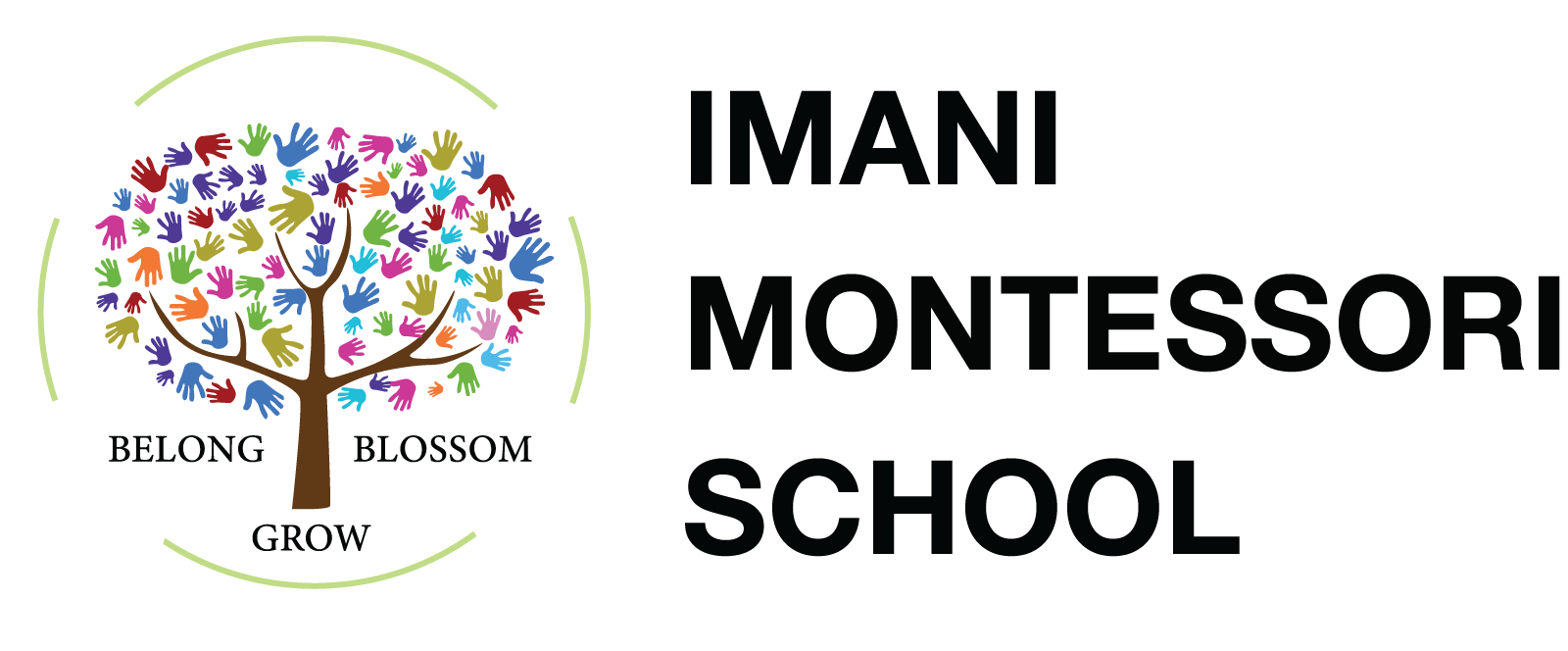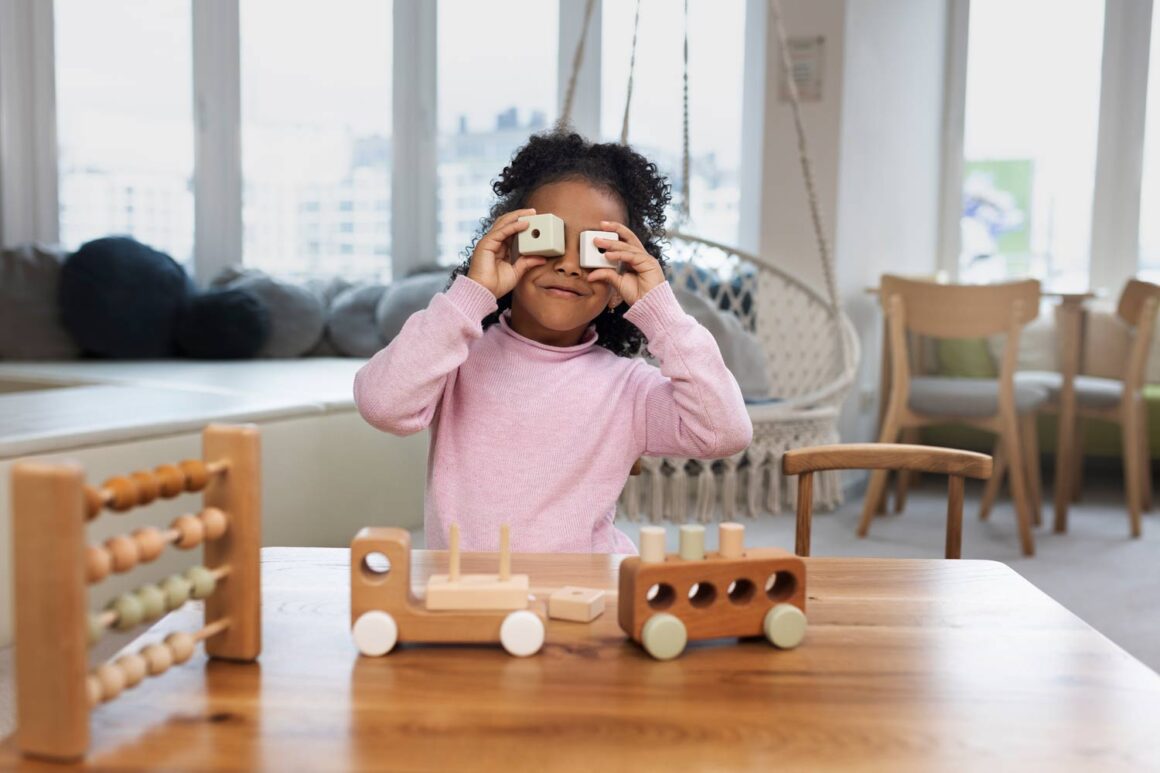Observation is a central tenet of Montessori education. In The Montessori Toddler, Simone Davies emphasizes the importance of “looking” before “leaping” into solutions. This thoughtful pause allows parents and educators to truly understand a child’s needs.
The Role of Observation
In a fast-paced city like Nairobi, it’s easy to hurry through daily routines. However, slowing down to observe can offer profound insights. By simply watching how your child interacts with toys or how they cope with frustration, you can respond more effectively to their developmental needs.
Being Mindful in the Moment
Mindfulness means paying full attention to the present. When your child is building with blocks, put aside your phone and tune in completely. Notice their expressions, the way they experiment with different arrangements, and any frustration that arises. This attentive presence lets you respond calmly and authentically.
The Art of Non-Intervention
Montessori guides often say, “Never do for a child what they can do for themselves.” When you see your child struggling with a puzzle, first observe, are they genuinely stuck or just momentarily challenged? If they’re still engaged, let them persist. Stepping in too soon can rob them of a valuable learning moment.
Reflect Before Correcting
If you notice your child repeatedly struggling or acting out, reflect on possible causes. Could they be hungry, tired, or over-stimulated? Or maybe the material is too advanced or too easy? By thoughtfully assessing the situation, you can adapt the environment or schedule to better meet your child’s needs.
Record & Acknowledge
If helpful, jot down quick notes about your child’s interests, frustrations, or milestones. Over time, patterns may emerge. Do they consistently have trouble transitioning from playtime to dinner? Is there a particular activity that completely captures their attention? This information helps you tailor your approach to their evolving needs.
Promoting Calm & Patience
Observation and mindfulness go hand in hand. By training ourselves to pause and breathe, we model emotional regulation. Children often mirror adult behavior. If they see you remaining calm under pressure, they’re more likely to develop similar coping strategies.
Embracing the Montessori Way in Nairobi
Nairobi is a bustling metropolis; mindful observation can be a grounding practice for families navigating traffic, busy schedules, and social commitments. By observing your child in daily routines, like grocery shopping or meal prep, you can transform mundane tasks into opportunities for learning and connection.
Observation is more than just watching; it’s about listening deeply to our children. By using these Montessori-inspired techniques, parents can better understand their child’s developmental journey, nurturing empathy, self-discovery, and a truly supportive environment.


Join the Conversation